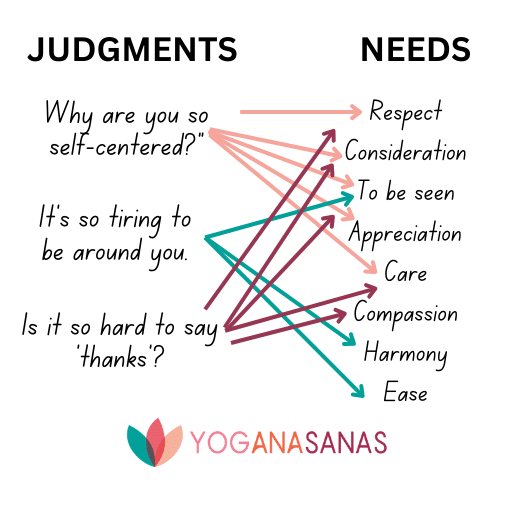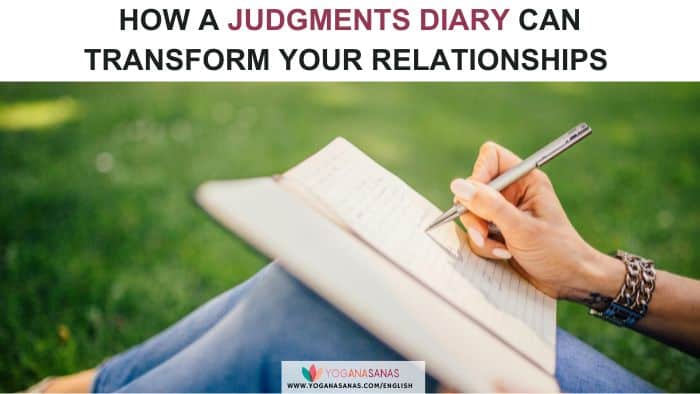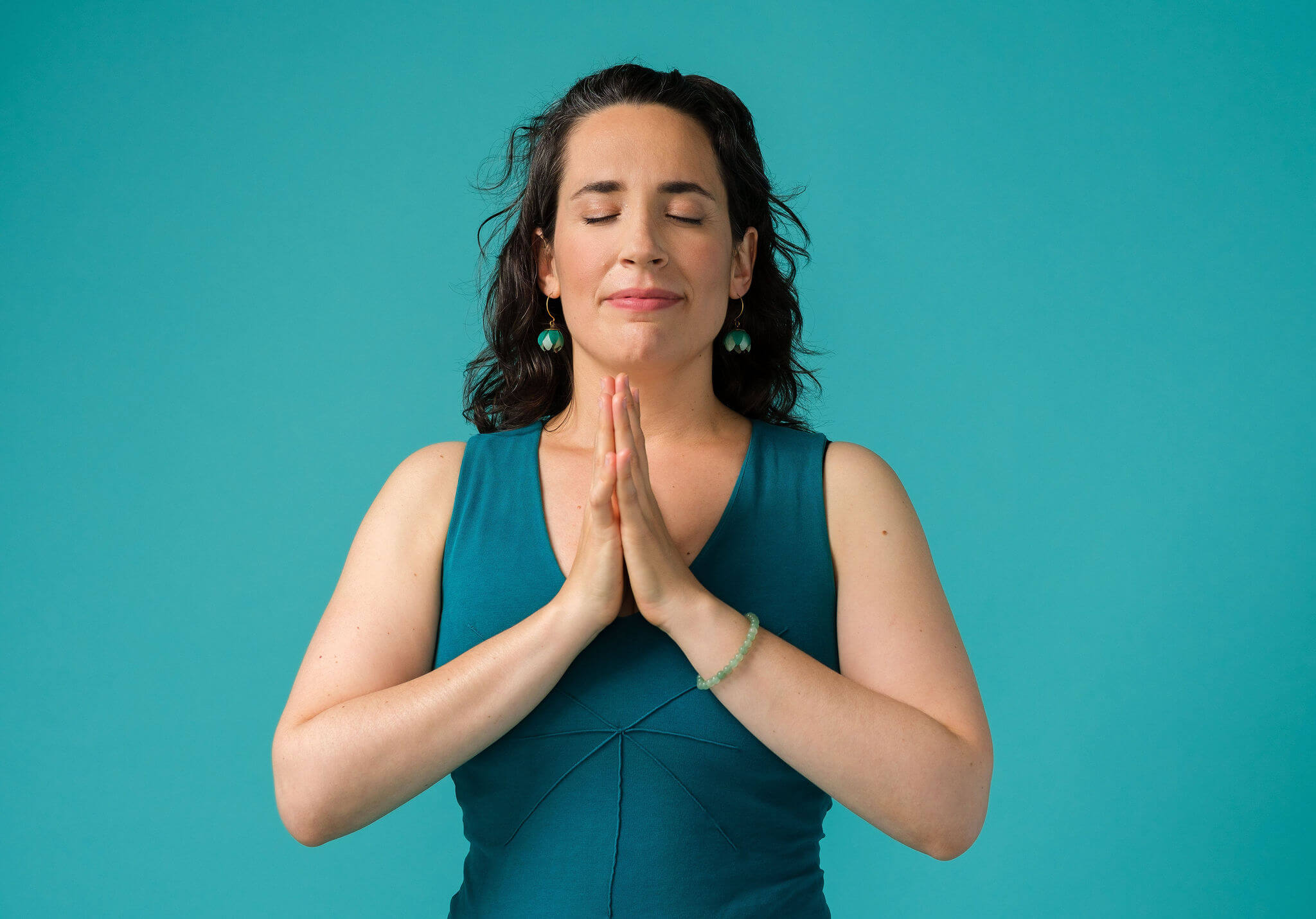How a judgments diary can transform your relationships.
This summer, after spending two weeks in a row with family, I noticed that I was growing deeply resentful towards someone close. Suddenly, my relationship with this person was more full of pain and despair than I had previously thought.
At the beginning, I wasn’t really bothered by not hearing a ‘thank you’ when I made them coffee. But after the fifth time, I realized that in my mind I was forming a lot of judgments.
Why are you so self-centered?
It’s so tiring to be around you.
Is it so hard to say ‘thanks’?
A part of me is fine with having judgments. I see them as part of my human experience.
My struggle, however, is with the strong emotions attached to these judgments: sadness, guilt, shame, frustration, anger.
After days of sharing time and space with this person, my emotions felt heavier. At some point, I even found myself mentally responding to their behavior in a bitter way. Ouch!
That’s when I knew I needed some empathy. I needed it, and I needed it badly.
The problem?
Finding structured time for myself during the holidays was almost impossible. Even though I kept practicing my small doses of self-care every now and then, it wasn’t enough.
Luckily, one of Thom Bond’s compassion course exercises saved me. This exercise suggests that you start a judgments diary (or as it’s called in Nonviolent Communication a jackals diary). I found it so powerful that I truly believe everyone can benefit from having one.
Even though I started my first diary when I was around 9 years old, this was the first time I started one with the intention of dumping all my judgments into it.
How does it work?
First, think about the relationship that is triggering you and write down all the judgments that come to mind. It doesn’t matter if these judgments seem fair, are accurate, or make sense.
Allow yourself –and all your jackals– to run wildly.
This step took me approximately 20 minutes.
Once you’ve write down all your judgments, close your diary and let it rest for a few hours.
Depending on the type of relationship you have with this person, writing down these judgments might bring up some shame or anger, or other uncomfortable emotions. That’s absolutely normal – nothing to worry about.
Up to this point, our judgments have just been that, a number of beliefs that we hold against someone. “A tragic attempt to describe reality,” as Marshall Rosenberg would say.
But judgments have a hidden gift. They provide valuable information about what we cherish most about ourselves and our relationships with others. Judgments speak to our values and needs. Yet, they speak so loudly that it is often very hard to understand their message.
Second, you practice self-empathy by connecting these judgments to their unmet needs. I’ll tell you more about this in the next section.
How can this type of diary shape your relationships?
Every time I notice a judgment, I tend to relate to it in three different ways:
1. I fully believe the judgment.
2. I munch and ruminate on it endlessly.
3. I judge the judgment.
However, with this exercise, there is a fourth option: I treat them with empathy – or what I call empathically ‘squeezing’ them.
Simply take a look at the universal needs list (here is the link to it, in case you don’t have it yet). For each judgment you have, do your best to connect it with the needs from the list that resonate most with you.
Be patient and kind. Sometimes we’re so focused on our moral judgments that it’s hard to uncover the needs behind these harsh thoughts.

In my case, the judgment ‘Why are you so self-centered?’ was connected to my needs for: respect, being seen, consideration, appreciation, and care.
Notice how, by deliberately connecting with our needs, we’re leaving behind our thoughts about how we experience this person. Instead, we focus on ourselves. You shift your attention from the pain triggered by the other person to what you value in life.
To me, focusing on my needs feels like coming back home–returning to a place where I reconnect with what I appreciate in my relationships: care, respect, consideration, compassion, reciprocity, being heard, and being seen.
Just some final thoughts…
When we do this simple exercise, we practice compassion toward our judgments. As I mentioned earlier, depending on the nature of your relationship with the other person, you may feel some sadness after writing your jackals diary.
This grief may be stem from the fact that a part of you is longing for something that this person is unable to offer you right now.
Indeed, it can be really painful to connect with this side of reality, especially with family members who don’t –and may never– meet our needs.
The good news is that in Nonviolent Communication, we always emphasize that people are not the only way in which we can meet our needs (thank Goddess!). My need to be seen or respected can be met in many different ways through myself, my creativity, or the way I contribute to others in my life.
That being said, I’ve often found that before I can open the door for other creative ways to meet my needs, it is crucial to allow the pain of my judgments to be heard and seen. Often, grief and acceptance around this relationship must occur first.
Then, a tender sense of relief and ease grows in me, granting me the curiosity and motivation I need to come up with other strategies.
So… what about you? 🤔
Would you ever start a judgments diary?
Have you offered compassion to your judgments or jackals in this way?
I’d love to hear from you!
Top blog photo by Negative Space.







0 comentarios